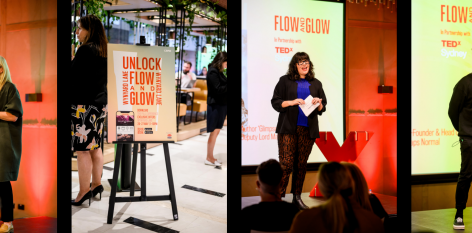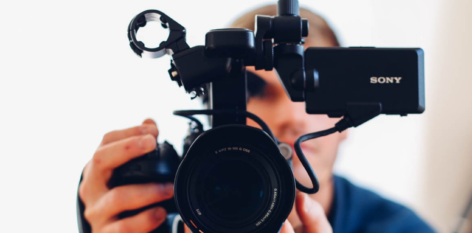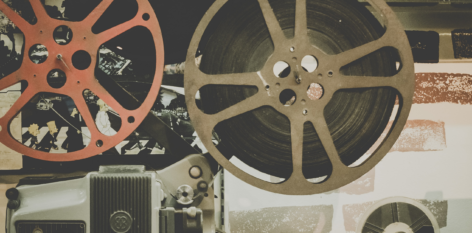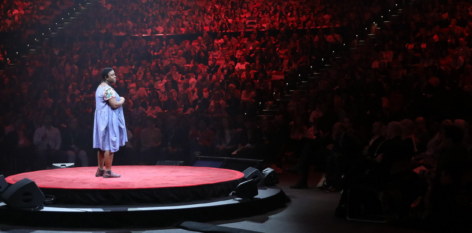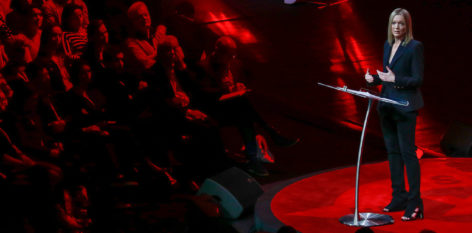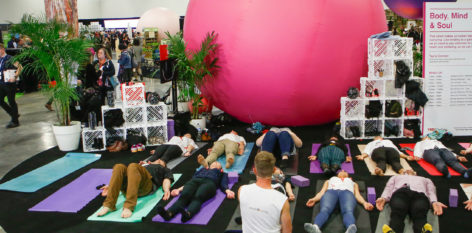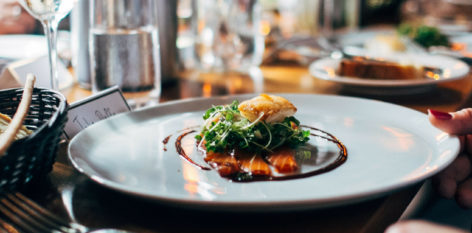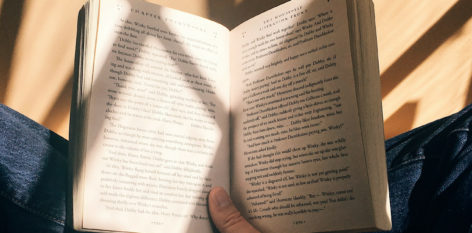Memory is essential to all our lives. Without a memory of the past, it is impossible to operate in the present or think about the future. Without remembering what we did yesterday, how can we plan what to do for tomorrow? Without memory, we couldn’t learn anything. Like a LEGO set, our memory is built of blocks that all fit together to form our consciousness, affecting our every decision. Learning to ride a bike, speaking a second language, experiencing a first kiss with someone new – the way it feels, all the hopes, expectations and fears – are all built on the memory of both real and perceived experience.
WHAT IS MEMORY?
Memory, in its very academic definition, is the term given to the structures and processes involved in the storage and subsequent retrieval of information. Memory is involved in processing of vast amounts of information based on what we hear, see, smell, taste and feel, the retrieval of which takes many different forms – images, sounds or semantics.
Memory is highly influenced by emotion. Pixar’s movie ‘Inside Out’ has a clever way of illustrating how our experience of the past can be coloured by emotion. The character Sadness can turn memory balls blue just by touching them, forever giving them a sad or negative emotional weight. It’s not to say the experience itself was bad, but when Sadness gets to it, she changes how it is remembered.
EXPERIENCE VS REMEMBERING
It’s commonly believed that happiness is a direct consequence of choices made. By that logic, the only way to affect and/or create happiness is to draw from the experience lodged in memory. However, an understanding of the ‘mechanics’ of happiness has recently been explained by TED speaker, Nobel laureate and founder of behavioural economics Daniel Kahneman, who describes that our ‘experiencing selves’ and our ‘remembering selves’ perceive happiness differently.
For example, like in the plot line of ‘Inside Out’, you could have a great experience with a particular holiday destination, but only have bad memories when thinking about it later. The weather was perfect, the local food excellent, the accommodation faultless. However, whilst there, circumstances unfold and you have a blazing argument with your partner. Odds are that the conflict will degrade your memory of the holiday and the destination as a whole, no matter how exceptional you otherwise would have remembered it. Kahneman points out that the decisions we make are based on our memories, not our experiences. So for that destination, your memory will have negative connotations. Not only will it prevent you from returning, it will be shared with all of your friends who ask about your holiday.
Kahneman made the following distinction about how experience and memory affect our future behaviour: “We actually don’t choose between experiences, we choose between memories of experiences. And even when we think about the future, we don’t think of our future normally as experiences. We think of our future as anticipated memories.”
USING MEMORIES TO INFORM OUR PRESENT
Everything we have learned – from how to read, how to interact with others, how to manage conflicts – makes us who we are. Recollections of who taught us and our experience of the learning are embedded in the memory itself. Like the tree that doesn’t notice the forest around it, our lives are steeped in these memories.
Pay attention to what you remember, because this is what brings meaning to the moment. Always get the name of the dog, the brand of the beer, and the title of the song that was playing the moment you met the love of your life. These are the memories we live by. In this age of conscious authenticity and intention, the better you understand why you are who you are, the more empowered you’ll be to create future memories, and yourself, with purpose.
TEDxSydney 2019 will be a day like no other. You will be taken on a journey and taught new things.


